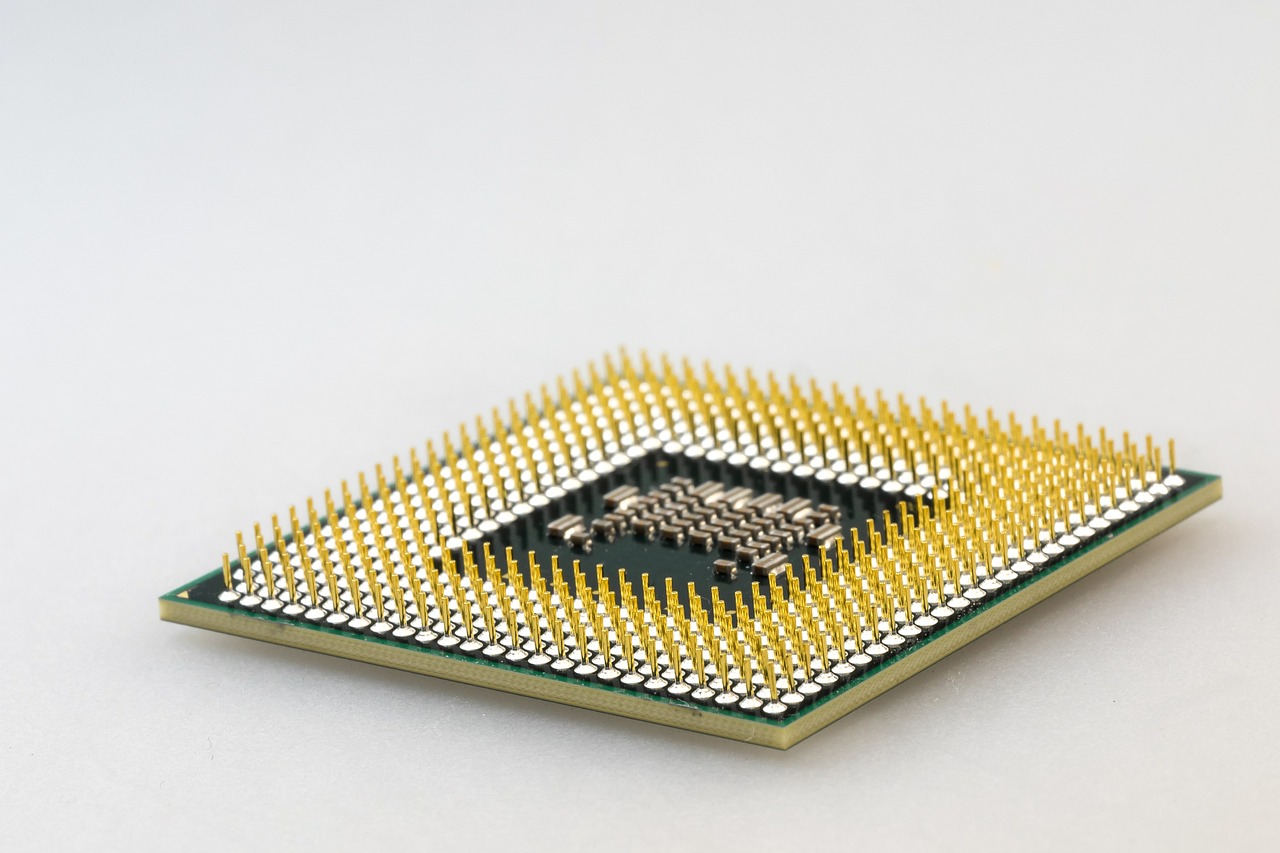Researchers from the University of Illinois and the Universidade de São Paulo have successfully created the first genetically modified cow capable of producing human insulin in its milk, potentially revolutionizing diabetes treatment. Traditionally, insulin production involves complex biological processes utilizing bacteria or yeast, but this innovative method harnesses a cow’s natural milk production capabilities.
Addressing Global Insulin Shortages Through Biofactory Cows
If mass production can be achieved, this innovation could mark a significant biotechnological breakthrough, substantially improving insulin accessibility, especially in lower-income nations where it’s currently scarce. The process involves integrating human insulin DNA into cow embryos, resulting in calves capable of producing human insulin in their milk.
While this achievement is significant, further refinement and development are necessary. Researchers are currently focused on optimizing the extraction and purification of insulin from the milk and creating a dedicated herd of genetically modified bulls to sustainably produce insulin.
Envisioning a Future of Enhanced Insulin Accessibility
According to Matt Wheeler, a professor of biotechnology and developmental biology at the University of Illinois and co-author of the study, envisioning a future where a small herd could supply the entire country’s insulin needs is possible. With a larger herd, the potential exists to meet the global demand for insulin within a year.







